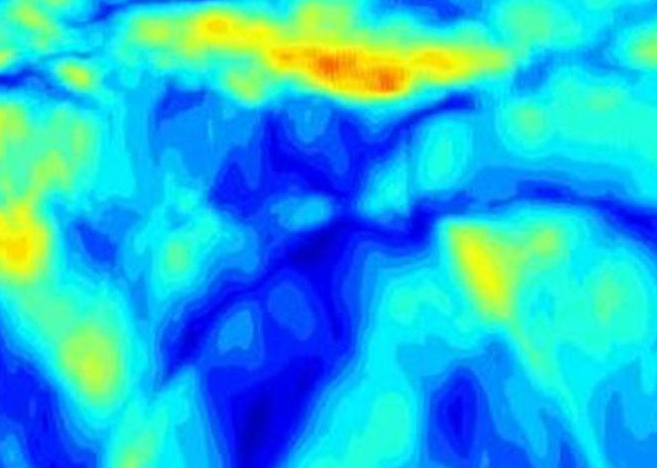Description:
We have notable expertise in numerical modeling across several disciplines, particularly leveraging our strong research and academic programs. Here are some key areas of expertise:
Marine and Coastal Systems:
*Oceanographic and Environmental Modeling: The University has significant research in modelling marine and coastal environments. This includes simulations of ocean currents, wave dynamics, and the impact of environmental changes on marine ecosystems.
Engineering and Computational Mechanics:
Structural and Fluid Dynamics: Numerical modelling is used extensively in engineering disciplines to analyse and predict the behavior of structures and fluid systems. This includes the use of finite element analysis (FEA) and computational fluid dynamics (CFD) for solving complex engineering problems.
Climate and Environmental Science:
Climate Modeling: Researchers use numerical models to study climate patterns, predict changes, and assess the impact of climate change on different environmental systems. This involves sophisticated modelling techniques to simulate atmospheric and oceanic processes.
Robotics and Autonomous Systems:
Simulation of Robotic Systems: In the field of robotics, numerical modelling is applied to simulate the behavior of robotic systems and autonomous vehicles. This includes modelling sensor data, control systems, and interactions with the environment.
Mathematics and Applied Sciences:
Advanced Numerical Methods: The University’s expertise also extends to the development and application of advanced numerical methods for solving complex mathematical problems. This includes algorithms for numerical analysis, optimisation, and simulations.
Interdisciplinary Applications:
Integrated Modelling Approaches: The University often employs interdisciplinary approaches, combining numerical modeling with fields like environmental science, marine biology, and engineering to address complex, real-world problems.


